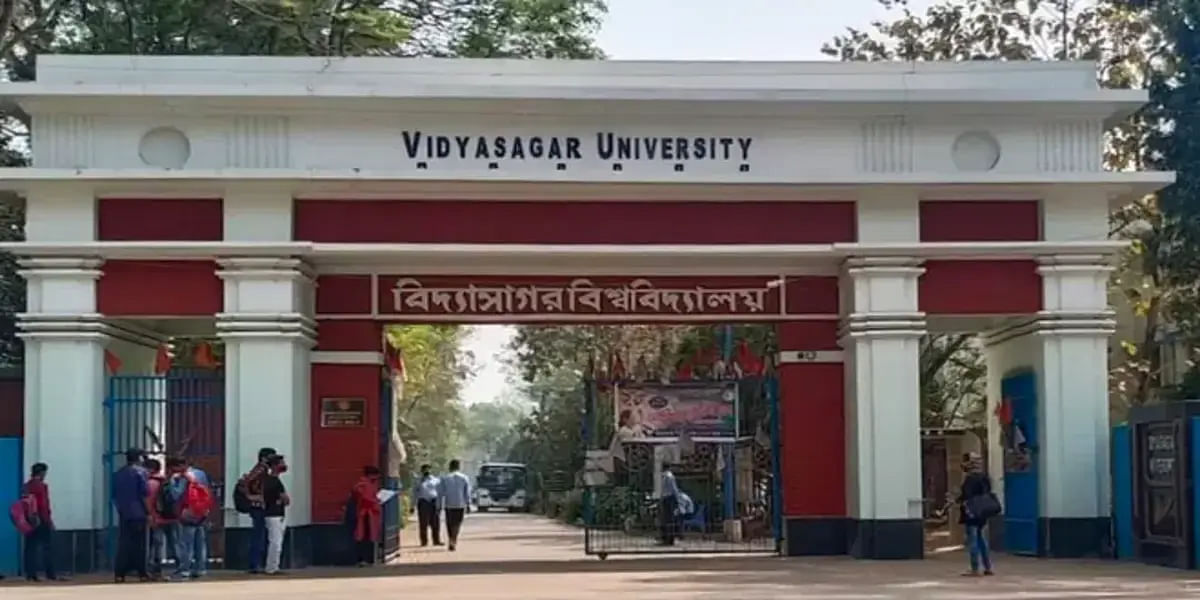State Bank of India is a multinational, public sector banking and financial services. The average base salary of an SBI manager is INR 11,60,785. Read more about the monetary and non-monetary benefits offered to an SBI bank manager.
The State Bank of India (SBI) was founded on 1st July 1955 as a multinational, public sector financial bank whose HQ is situated in Mumbai, India. SBI is not only the leading public sector bank and a financial services company, but it's also a government-based organisation with US$30 billion in assets. If one were to become an SBI manager, then the average base salary of an SBI Manager would be INR 11,60,785 per annum. Apart from that, both monetary and non-monetary incentives are provided.
Salary of an SBI Manager
The salary of an SBI branch manager is likely to increase or decrease based on the branch itself and its requirements. Due to their responsibilities and the qualifications involved, the manager is expected to get higher pay than their employees.
A Chief Manager would receive an average annual salary of INR 12.8 LPA. Mind you, an SBI manager works under the Chief Manager.
Here is the breakdown of the average annual salary for an SBI manager:
| Type of Pay | Salary Amount (In INR) |
| Base Pay | 11,60,785 |
| Additional Pay | 1,16,968 |
| Cash Bonus via Extra Income | 96,010 |
| Commission Sharing via Additional Pay | 62,460 |
| Yearly Salary | 9,65,209 |
Other Incentives for an SBI Manager
Besides the monthly salary of the SBI Manager, they are offered various incentives from petrol allowances to telephone bills.
Here are some of the incentives that an SBI manager can receive:
- Petrol allowance ranging from 50 litres to 100 litres.
- Leased accommodation rent provided.
- Furniture worth up to INR 1 lakh purchasable.
- An annual incentive of INR 20,000 if performance is as per the performance grading structure.
- Reimbursement of telephone bills.
- Purchase of briefcase.
- Purchase of mobile phone.
- Maid or cleaning services.
- A contributory provident fund worth INR 1,641.
- 100% self-treatment or cashless medical treatment reimbursements at partnered hospitals.
Factors Affecting an SBI Manager's Salary
The current chairperson of SBI is Mr Rajnish Kumar, while the managing directors include Praveen Kumar Gupta, Arijit Basu, and Dinesh Kumar Khara. The bank gratifies the needs of the government, both central and state. It receives the money, deposits it on behalf of the government, and grants loans and advances.
Various factors affect the salary of an SBI manager. Some of those are listed below:
- The location affects salary. For example, the SBI manager's salary in the Agra branch (Dayal Bagh) might vary from the SBI branch manager of Delhi (Kashmiri Gate).
- The net profit of the bank affects the salary given to the manager.
- Provisions severely affect the compensation received by both the manager and the chief manager.
- NII, the Net Interest Income leads to an increase or decrease in the manager's salary.
- Based on the branch, the perks available affect the salary of that branch's manager.
What Does an SBI Bank Manager Do?
A bank manager supervises the local branch of the retail bank. They conduct a wide range of responsibilities, ranging from managerial duties to hardcore banking utilities. They are held accountable for the branch's administrative operations. Customer satisfaction is of utmost priority, failing which the managers are heavily reprimanded with strict but appropriate actions. This is why the manager has to work closely with the staff and customers. Meeting performance targets, as well as sales, are also part of their responsibilities.
Few other responsibilities include:
- Hiring the right candidates for staff duties.
- Conducting service provision training protocols for tellers, specialists, counter staff members, and loan officers.
- Providing training on new products or offerings to staff.
Requirements to Become an SBI Bank Manager
A bank manager has to operate in many fields and look to others for their skills. This is why the average bank manager should have at least a generalist perspective on all the requirements.
Requirements to become an SBI bank manager includes,
- Wide range of 'people skills
- Analytical skills
- Accounting skills
- Good knowledge of banking products and markets
- Sales and negotiation proficiency
- Sturdy communication and presentation skills
- Headstrong mindset during pressurising situations
- Time management skills
- Decisive skills
- Adaptability
Educational Qualifications of a Bank Manager
There are two ways you can take up the job of a bank manager. A graduate scheme and a 2:2 degree in finance-related subjects like business, commerce, and accounting.
The second way of obtaining this role would be to satisfy some of the following requirements:
- Get a college degree in finance, accounting, or business administration.
- Complete any extra coursework, if available. You may complete them through professional banking associations such as:
- The Banking Administration Institution offers courses for achieving certificates in auditing, risk assessment, and anti-money laundering.
- The Mortgage Bankers Association offers courses covering aspects of residential and commercial mortgage lending. It also gives the prestigious Certified Mortgage Banker Association.
- The Americans Bankers Association provides access to small hometown banks by providing online courses for branch manager certificates.
- Work in any bank for at least two years to become a manager; it is advised to do part-time jobs during your last year of college. Successful bank managers work as loan officers or get into accounting.
- Obtain all the necessary skills, detailed knowledge of the banking sector, and access to new information regarding rules and laws governing the banking sector.
- Work up through the ranks as you would not enter a bank as a bank manager directly; any position in a bank will help you understand how a bank operates. Being the leader in loan generation puts you in a better scenario of being the manager.
- Involve yourself in any manager-training program as banks organise training programs to let students or freshers know about the process.
- Grow a network with other bankers as it might help you get that job you desire.










